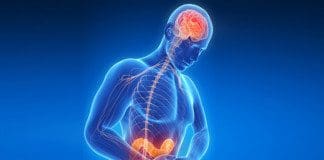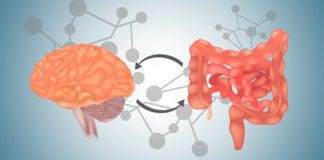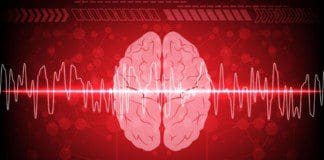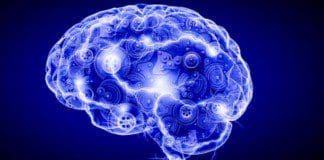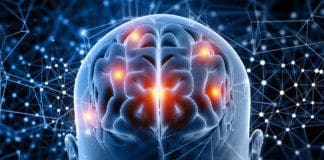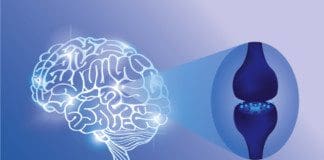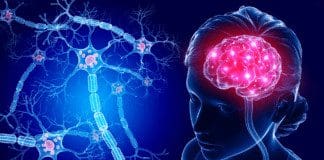Mental Health
Mental Health: Includes an individual’s emotional, psychological, and social well-being. It affects how one thinks, feels, and acts. It helps determine how an individual handles stress, relates to others, and makes choices. Mental health is important at every stage of life. From childhood, adolescence and on through adulthood.
Over the course of one’s life, one may experience mental health problems, thinking, mood, and behavior can be affected. Many factors contribute to mental health problems which include:
Biological factors, i.e. genes or brain chemistry
Life experiences, i.e. trauma or abuse
Family history of mental health problems
Experiencing one or more of the following can be an early warning:
Eating or sleeping too much or too little
Pulling away from people and usual activities
Having low or no energy
Feeling numb or like nothing matters
Having unexplained aches and pains
Feeling helpless or hopeless
Smoking, drinking, or using drugs more than usual
Feeling unusually confused, forgetful, on edge, angry, upset, worried, or scared
Yelling or fighting with family and friends
Experiencing severe mood swings that cause problems in relationships
Having persistent thoughts and memories that can’t get out of your head
Hearing voices or believing things that are not true
Thinking of harming oneself or others
Inability to perform daily tasks like getting to work or school
According to many healthcare professionals, mental health issues, such as depression, can ultimately affect a person’s diet and lifestyle, leading to excess weight and obesity. Weight gain can also cause a variety of chronic pain problems, including back pain and sciatica, among others.







